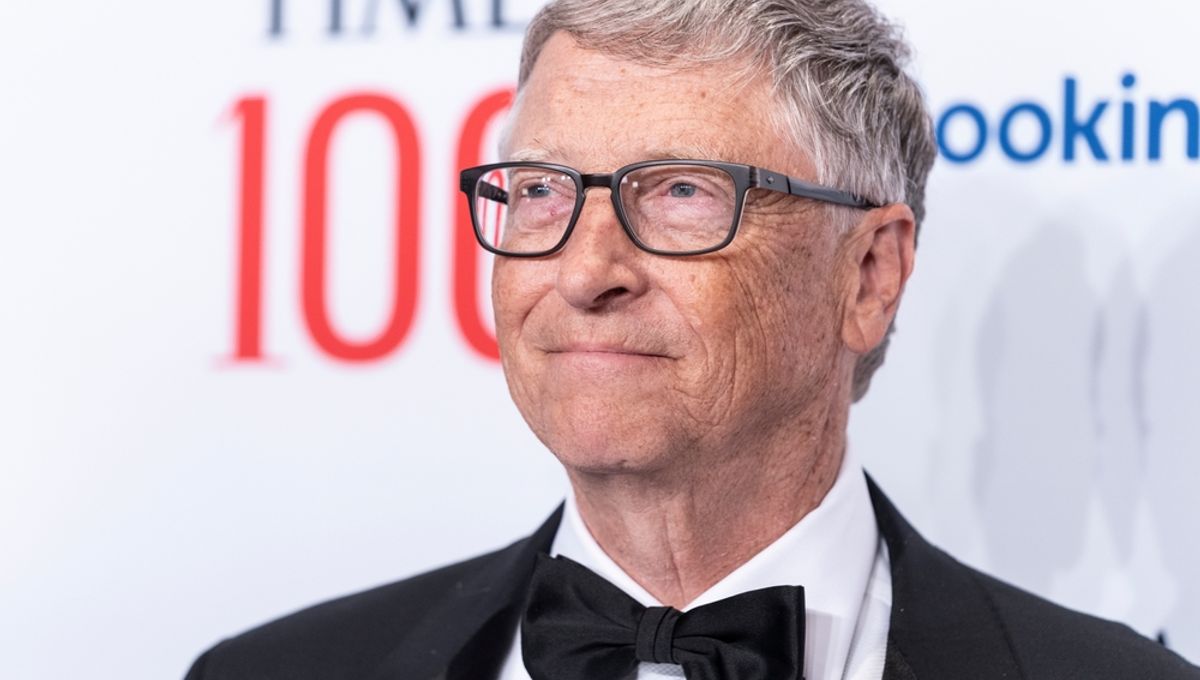
With the release of GPT-4, it seems to have finally convinced many that the future of work has probably changed forever, with AI being at the forefront of this seismic shift. Bill Gates is under no illusions as well, and has now produced a seven-page report on what he believes will be the future of work alongside improving AI models.
Focusing on the future of AI and how it will affect the workforce, Gates outlined his thoughts, titled The Age of AI has Begun.
According to Gates, only two technologies have ever struck him as “revolutionary”: the first time he saw a modern graphical user interface (GUI); and in 2022, when OpenAI completed his challenge to solve an Advanced Placement biology exam after just a few months. It was at this moment he realized that we may now be living through a period that will be in future history books.
“The development of AI is as fundamental as the creation of the microprocessor, the personal computer, the Internet, and the mobile phone,” writes Gates.
“It will change the way people work, learn, travel, get health care, and communicate with each other. Entire industries will reorient around it. Businesses will distinguish themselves by how well they use it.”
He follows this by explaining how AI can help reduce inequality in education, and how it must be used carefully in policy due to its propensity for factual errors and “hallucinations”.
Looking at productivity enhancement, Gates believes it will enter the white-collar work sector as a helper and “co-pilot”, much like Office 365 has just announced, but will fail to help in sectors where decision-making is needed regularly. It will instead become a personal assistant, performing tasks based on plain English (or another language) notes, planning your day, doing mundane things like answering emails; it may even be able to read things you probably should yourself and give you a quick rundown.
Gates believes it will massively help health, especially in poorer countries, acting as an AI doctor and speeding up mundane tasks once again to free health workers to do patient-facing roles. It will also speed up biological discoveries, as DeepMind’s AIs have been doing in protein folding and drug discovery.
Finally, Gates goes on to explain the threats and risks with using AI, such as the way it cannot do abstract reasoning, proper decision-making, and may one day grow out of control. It loves to make up things that don’t exist in the pursuit of giving an answer – AI rarely says “I don’t know”.
In conclusion, Gates hopes that AI can continue to be furthered but in a philanthropic way, in the pursuit of reducing inequality and suffering in poorer nations. The world needs to establish a set of rules, according to him, so that AI has more benefits to society than downsides and ensures it stays on the right path, whatever that may be.
In short, Gates is extremely excited about the possibilities of a technological revolution.
Source Link: "The Age Of AI Has Begun": Bill Gates On How AI Will Affect Our Future